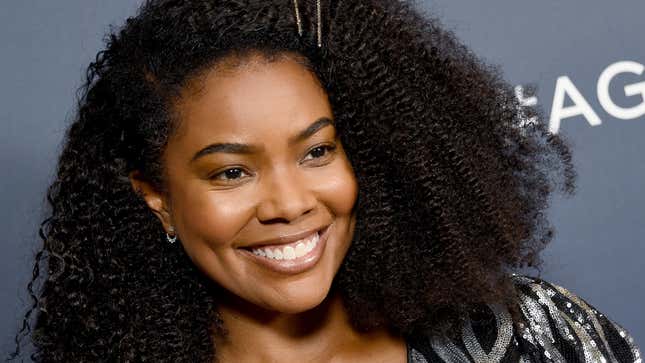Gabrielle Union Says She Changed a Lot of Her Character's Original Lines in Bring It On
EntertainmentMovies

This week marked 20 years since the release of Bring It On, the iconic high school cheerleading film (and commentary on cultural appropriation), starring Kirsten Dunst and Gabrielle Union as the respective leaders of the Toros and the Clovers, two competitive cheerleading teams.
More than for Dunst—who at that point in her career had already received acclaim for her roles in the films Interview with the Vampire, Jumani, and The Virgin Suicides—the eventual cult classic marked the true blossoming of Union’s career. Despite having a smaller part in the movie, Union was easily one of the most dynamic actors on screen.
-

-

-

-

-

-

-

-

-

-

-

-

-

-

-

-

-

-

-

-

-

-

-

-

-

-

-

-

-

-

-

-

-

-

-

-

-

-

-

-








































